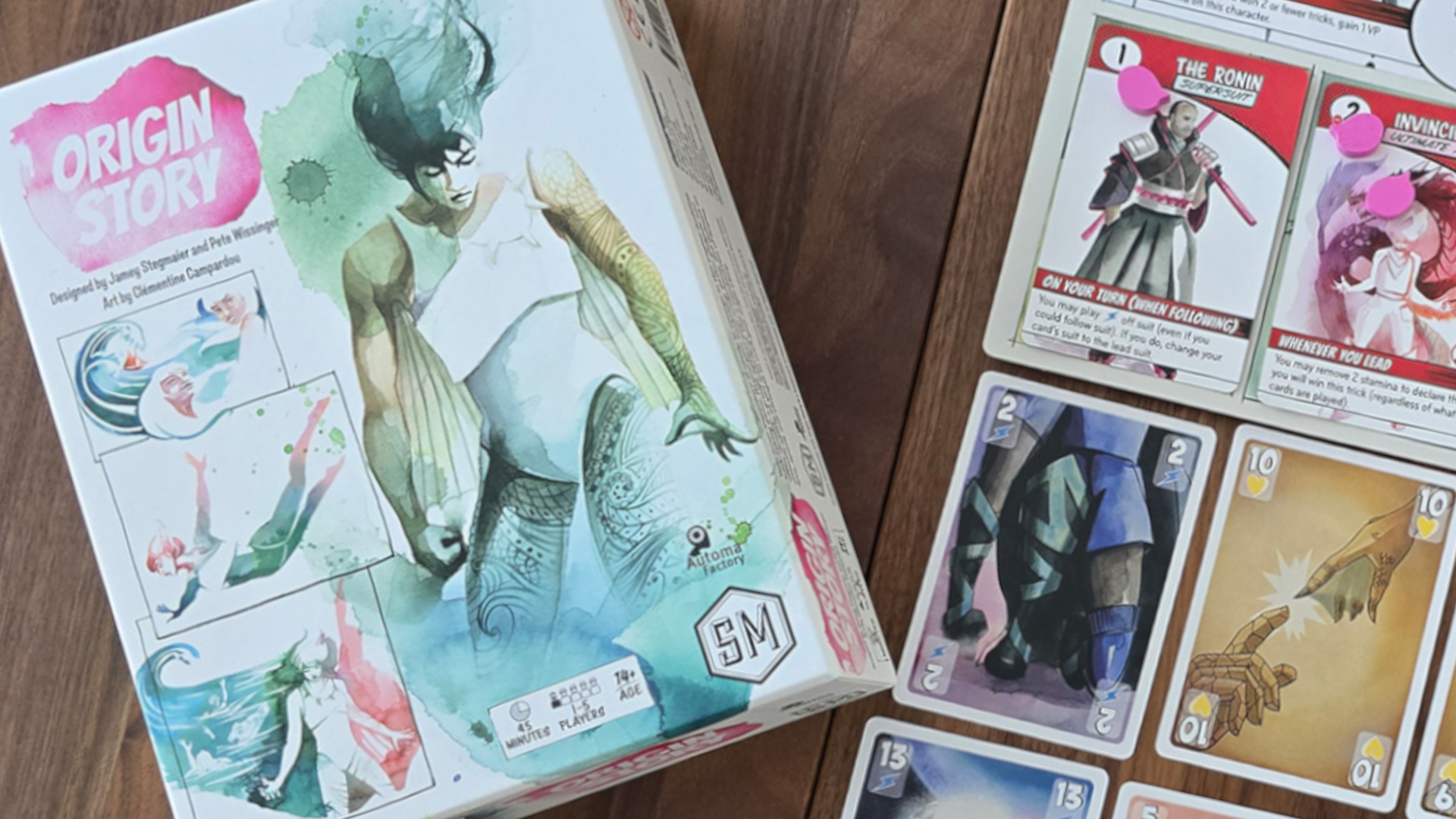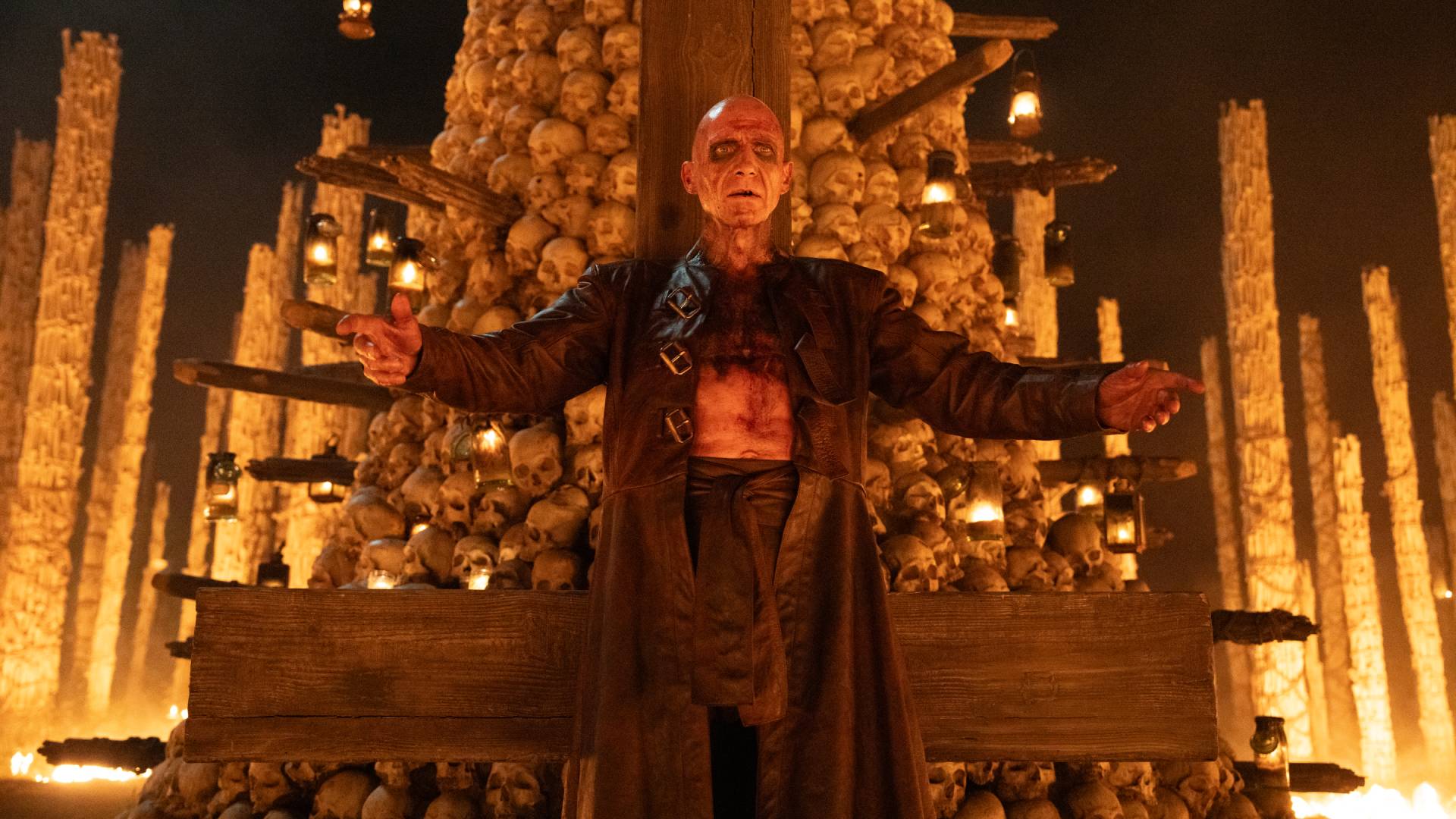The 7 Unspoken rules of gaming (finally explained)
House rules
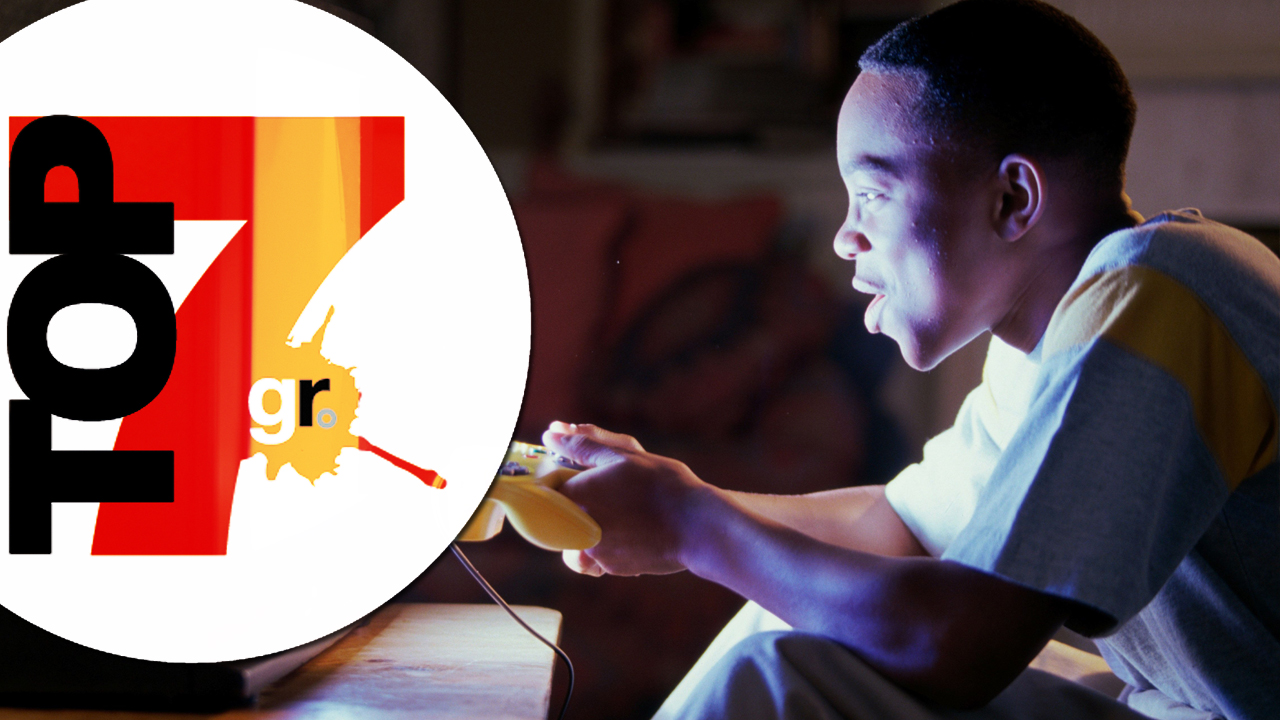
Youre standing still on an escalator and, as you travel up, people keep walking past while giving you dirty looks. Its confusing, until it hits you: youre standing on the left-hand side. Youre blocking the agreed-upon side where people walk, thus breaking the social contract and becoming a detested pariah. Cultures are built on unspoken rules like these, be it taking the last slice of pizza or talking on a cellphone in a movie theater, and its up to you to learn them.
Despite the stereotype of gamers as social misfits, gaming is full of similarly accepted norms that youd best not break. Some cause problems in a group setting, others are met with hatred online; forgetting any of them will earn you an earful of gamer rage. So, for your own benefit (and everyone elses), commit all these unspoken gaming rules to memory before you ruin the fun for the rest of us.
7. Respect when a character is off-limits in multiplayer
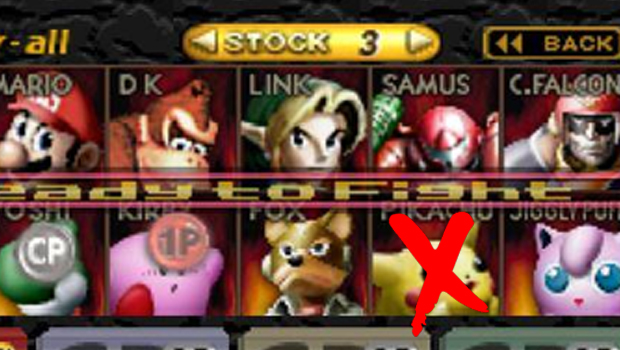
This one works whether playing online or in the same living room. Everyone has their favorite character, so if you buddy says I call the cowboy, you play as someone else for this round. If they say Im the top Ryu player in this house, (particularly if you're actually playing in their house) then theres really no debate left. This could be negotiated between very close friends, but let some dumb acquaintance play as Ryu if they demand it--youre better with Guile anyway.
Respecting house rules about a character being outlawed is even more important. If nobody else is picking an unfairly short character like GoldenEye 007s Oddjob, maybe you should take the hint that hes restricted. Same goes for universally hated stages and maps that go unchosen until one unknowing jerk forces them upon the whole lobby. Maybe you didnt know everyone around you hates playing Nuketown, but youll find out soon enough.
6. You must talk to every NPC twice (at least)
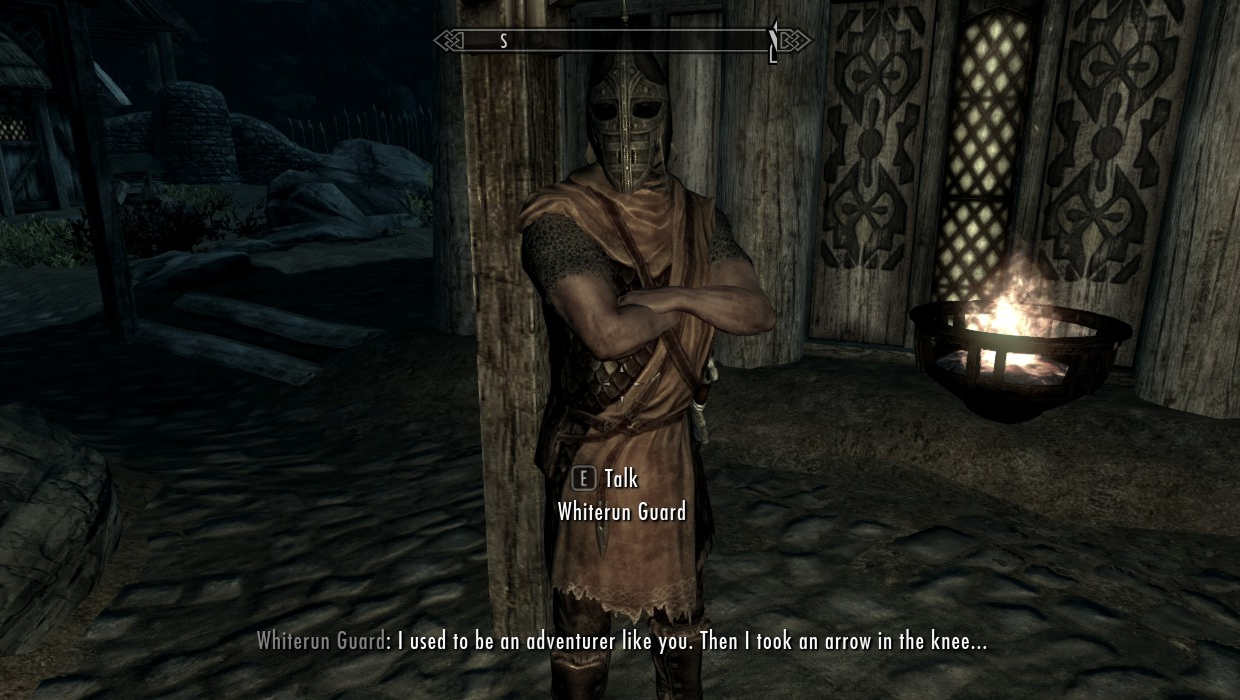
A non-player character (NPC) is defined as anyone that isnt directly controlled by a person, be it the weapon crafter or the town guard that wants to tell you all about the time spilled scalding coffee across their new tunic. NPCs all have something to say when you interact with them, and you can only be sure that youve heard everything if you talk to them at least twice. This is something co-op partners and other spectators need to have patience for.
Yes, youll likely see the same bit of scrolling text two times in a row, but if you keep talking to people in games like The Walking Dead, youll start hearing extra bits that remain hidden for those who didnt talk to that farmer three times in a row. Secondary players should keep this in mind when trying to hurry people along; the same goes if youre playing as the main character. Unless youre speeding through the game, its your duty to talk to everyone you meet to satisfy the curiosity of the guest(s).
5. The most unpopular guest uses the worst controller
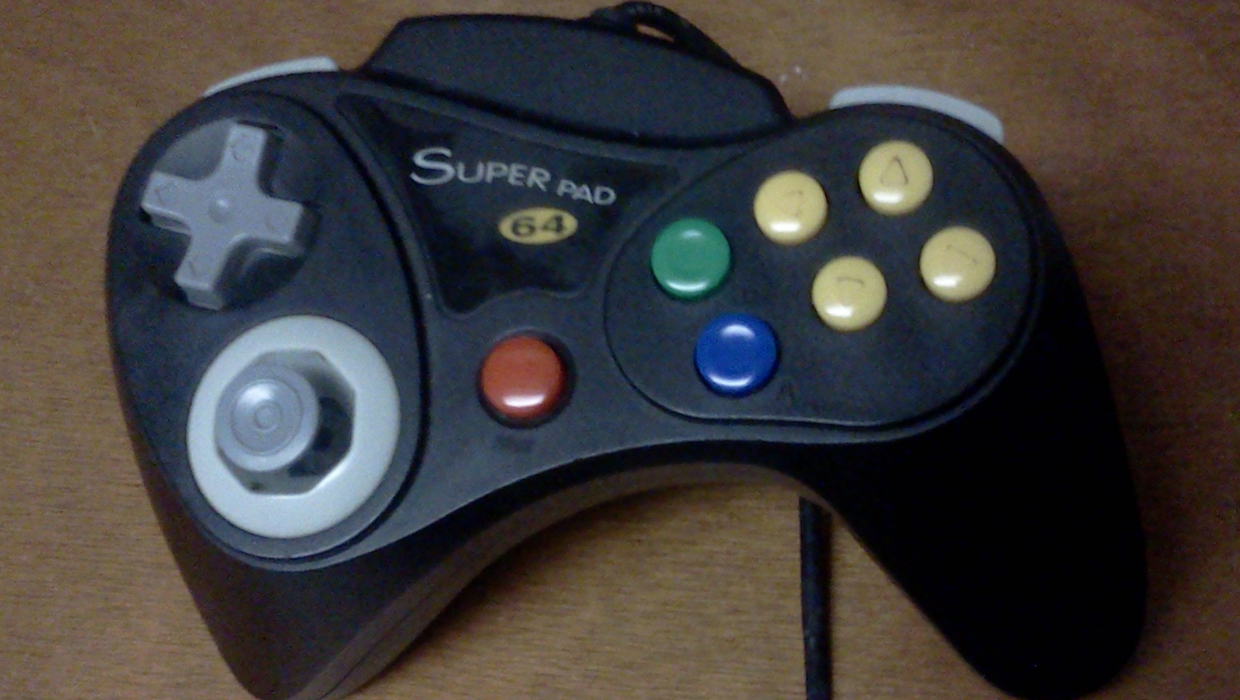
If your home regularly hosts gaming nights, ideally all your controllers should be of the highest quality and in working order. But in the real world, one gamepad is usually more beaten, broken, and worn down than the rest--or *gasp* its a crappy third-party controller. In that situation, the crummiest controller gets passed from player to player, until finally it ends up until it ends up with the least popular person who's currently playing.
Weekly digests, tales from the communities you love, and more
It sucks to be ostracized--and that knowledge hurts even more when it comes with an off-brand DualShock 3 made of inferior plastic with a janky L2 button. Getting handed that lesser instrument lets you know where you rank in the room, but take this in stride and don't make a big deal out of it. Rejecting this unsaid message from your peer group will only make you more unpopular. Just roll with the 4-player punches (and maybe bring your own controller next time).
4. Type gg after a match (even if you lose)
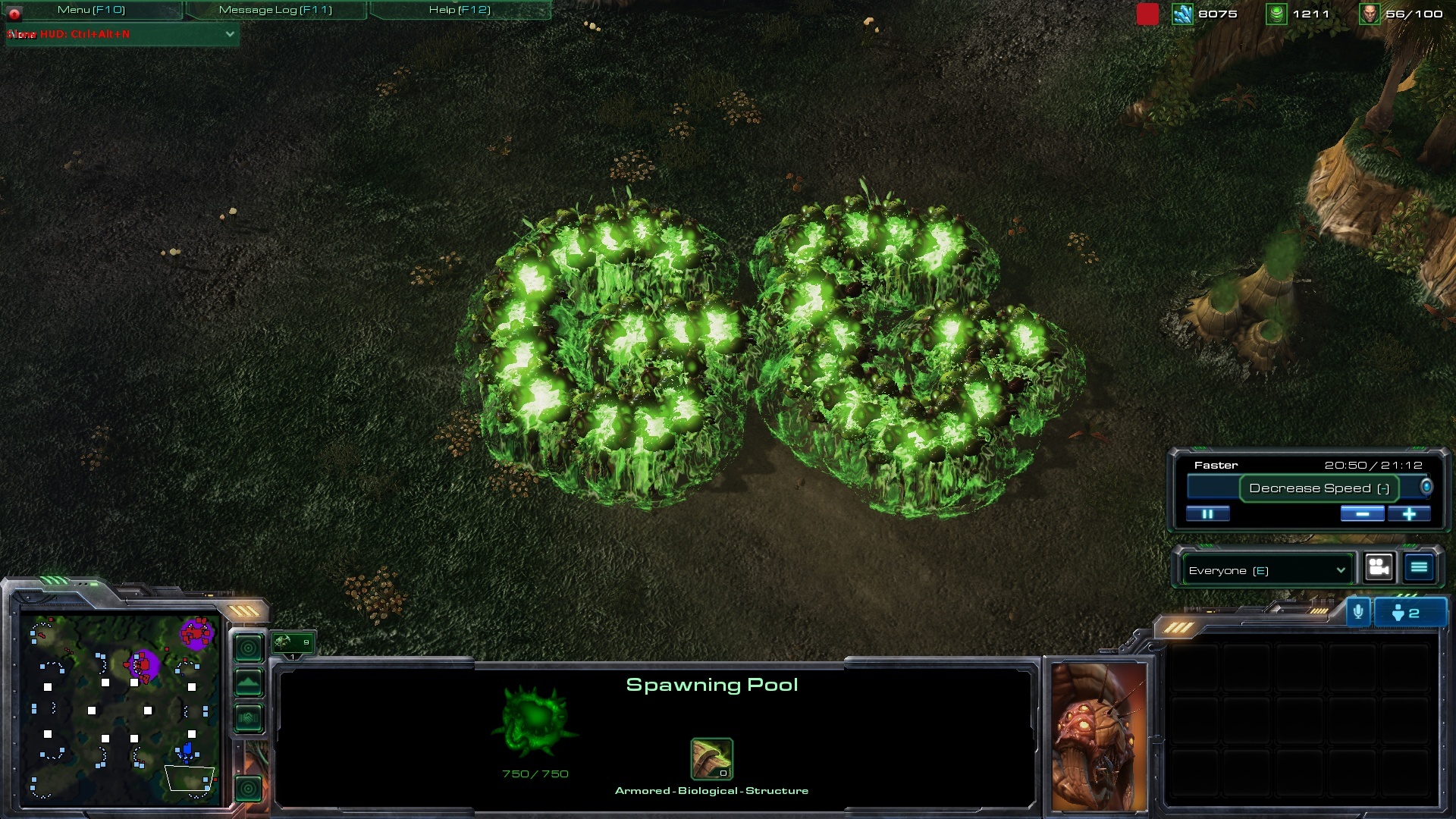
People care a lot about good sportsmanship. Just look at how insulted fans were when NBA star Evan Turner scored this indulgent slam dunk. Acrimony like that can be quickly avoided with a friendly handshake on the basketball court, and the exchange is even easier for online gamers. Its as easy as typing two letters, and not doing so makes you look like a real jerk.
Typing the universal gg (or the longer form "good game") at the end of an online battle--be it RTS, MMO, or MOBA--is a common courtesy that most dont feel the need to explain. It's basically the video game equivalent of walking in a line and high-fiving everyone on the rival team. Even if youre on the losing end, its common sportsmanship, and you look like a whiner if you dont type the simple exchange. You may swear up and down that the winner of the last match was cheating, but youll be the bigger a-hole by failing to show even a small amount of honor after getting Zerg rushed into oblivion.
3. Take the least obvious path first
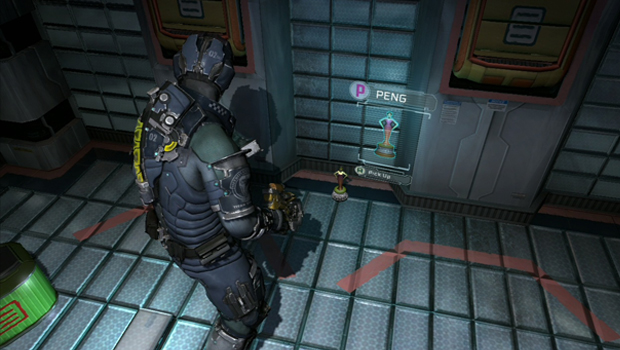
This one applies to many games, but its easiest to visualize in a first-person shooter or RPG. After clearing out a room of enemies, you see two hallways at the back of the room. One way takes you to a nearby door, while the other has a winding path with a door just out of view. The closer one clearly takes you to the next objective--which is why you need to go in the exact opposite direction.
This rule goes unspoken because its one learned through experience in dozens of games. Campaign linearity has trained players to take the path less traveled, because thats where you find extra ammo or some hidden collectible waiting for you by heading the wrong way. This guideline will serve you well in games as diverse as Super Mario 3D World, BioShock Infinite, and Hotline Miami; it's so ubiquitous that you're bound to learn this lesson sooner or later. Co-op players will look down on you for ignoring the glaring alternate route, mostly out of pity for all the bonuses the team is missing out on.
2. No one is allowed to talk during a cutscene

Youve suffered through hours of leveling and grinding in Persona 4, getting strong enough to finally face the dungeons boss. A lengthy cutscene is about to begin and, before opening the in-game door, you quickly look around to make sure no one interrupts this special moment. You think youre safe to enjoy one of only a handful of animated sequences in the game--then your idiot roommate walks in to loudly discuss his fantasy football team. This is when you contemplate poisoning his next can of Sprite.
Fortunately, most gamers know to keep their mouths shut when the magic is about to begin on-screen. Cutscenes dont happen often in most games, and savoring them when they occur demands a code of silence that everyone should understand. If you happen upon a fellow player about to reach a dialogue-rich story section, dont ruin the ambiance for anything less than a house fire and even then, we cant promise they wont be offended.
1. Pass the controller if youre in last place (or in first for too long)
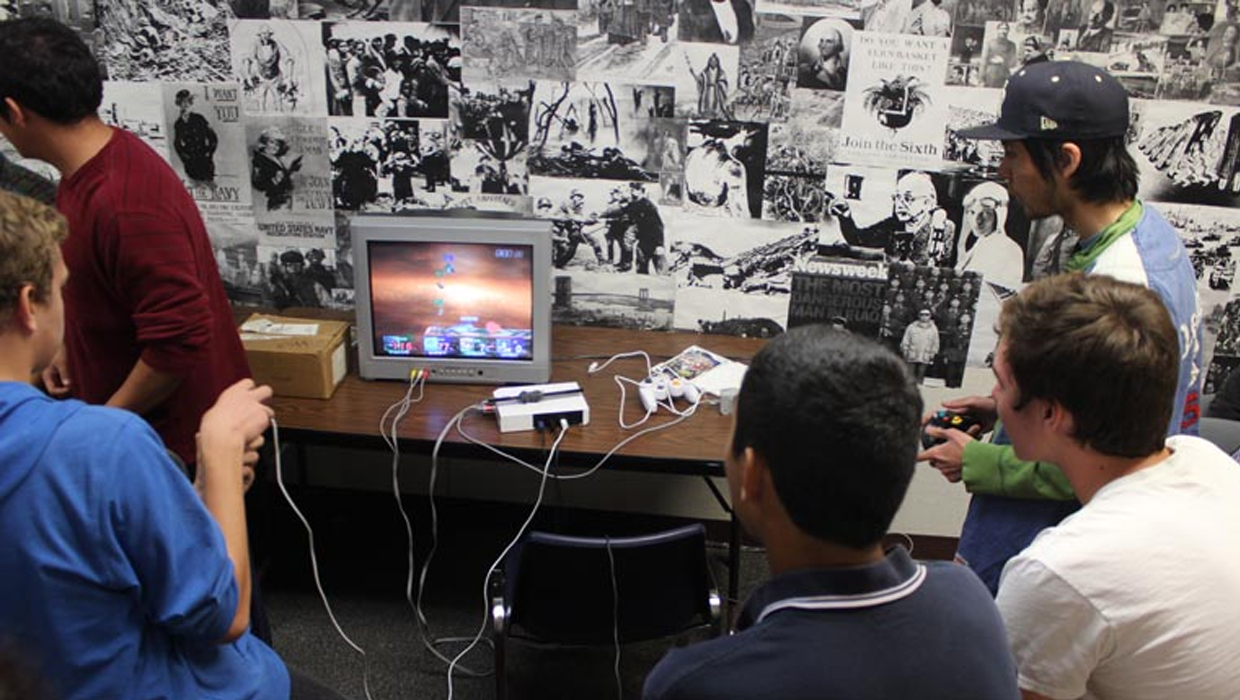
You'll meet so many interesting, opinionated people online, but multiplayer is still in its purest form when enjoyed on the couch. Yet, things can get uncomfortable in person when you have more players than controllers, especially if some of your pals dont know when to let go. Clearly everyone came to your living room to play, so to give everyone a chance, last place needs to pass their controller over to the next person in line. Otherwise, youll face the scorn of everyone else waiting to play.
The loser giving someone else a turn lets everyone have a shot at enjoying Super Smash Bros. or Gears of War, and having last place give up control also makes winning that much more rewarding. The other side to this rule is that if someone stays at number one for too long, the friendly thing to do is to pass the gamepad voluntarily--no one likes it when someone seems unbeatable. If you want to avoid being hated in victory, humbly pass your controller to the next person down the line and (just to be on the safe side) maybe offer to grab some soda for whoever wants it.
And dont forget to have fun!
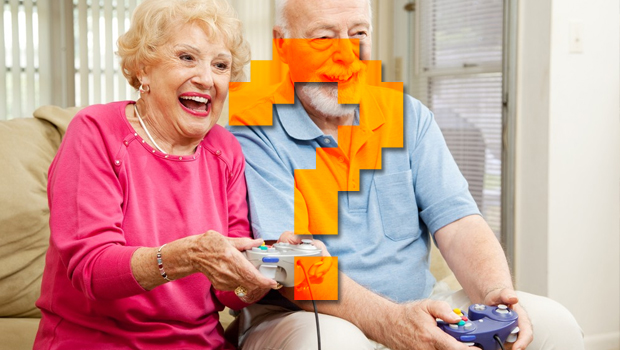
Now that those bits have been cleared up, hopefully youll function better in the world of gaming. But if I missed any important bits of etiquette, feel free to (politely) share your thoughts in the comments!
And if you're looking for more, check out 8 ways to tell a boss fight is about to happen and 9 best ways to make loading screens non-tedious.

Henry Gilbert is a former GamesRadar+ Editor, having spent seven years at the site helping to navigate our readers through the PS3 and Xbox 360 generation. Henry is now following another passion of his besides video games, working as the producer and podcast cohost of the popular Talking Simpsons and What a Cartoon podcasts.
